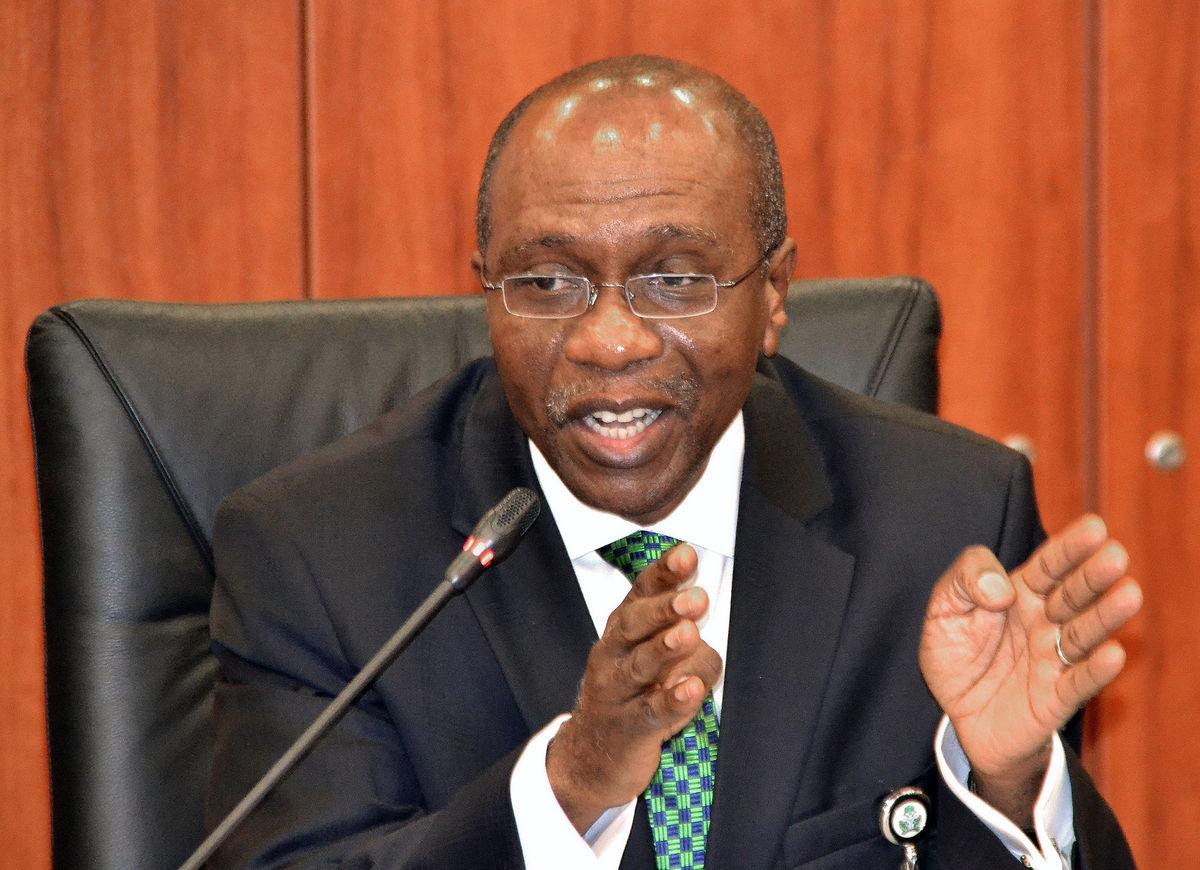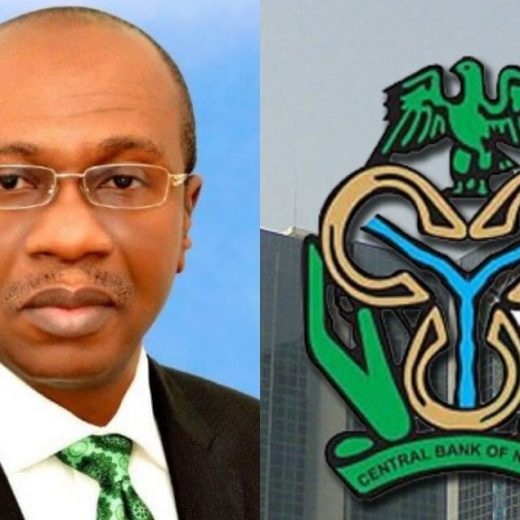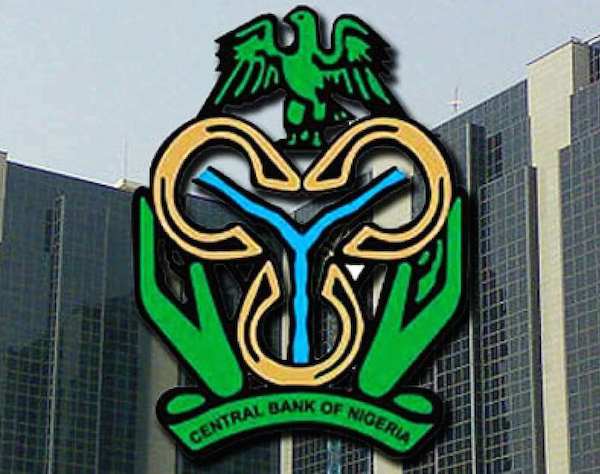By Odunewu Segun
The Central Bank of Nigeria has retained its benchmark interest rate at 14 percent on Tuesday, and kept its cash reserve ratios for commercial banks at 22.5 percent, National Daily has gathered.
The apex bank also promised to continue to provide hard currency with priority given to manufacturing industries needing to import raw materials and spare parts.
Speaking after the Monetary Policy Committee meeting, the Central Governor, Godwin Emefiele, told reporters the bank would “from time to time” intervene in the forex market to ensure the (official) exchange rate did not go beyond its expectations.
The Central bank expected growth to turn positive this year while inflationary pressures would ease and the currency would stabilise.
He said the interest rate decision had been taken in light of headwinds facing the domestic economy and because of uncertainties in the global environment. “No need for anyone to panic,” Emefiele said, when asked about the spread between official and black market rates, and hard currency shortages.
“For now, the only clear takeaway is that there are no imminent plans for further FX liberalisation,” said Razia Khan, chief economist Africa at Standard Chartered Bank. “FX will continue to be rationed.”
Cobus de Hart, senior economist at NKC in Johannesburg, said rising oil prices would not be enough to end the spread between the rates.
“The strategy of supplying priority sectors with additional U.S. dollars will not serve to narrow the gap between the official and parallel market rates,” he said.
Nigeria economy is struggling with its first recession in 25 years due low oil prices. Inflation, meanwhile, accelerated to a more than 11-year high of 18.55 percent in December.
In June, the Central Bank had said it would float the naira but has since then kept the rate at around 305 to the dollar, some 40 percent above the rate quoted on the parallel market – where importers head as they struggle to get dollars through official channels.


 Comments and Issues2 days ago
Comments and Issues2 days ago
 Business6 days ago
Business6 days ago
 Business1 week ago
Business1 week ago
 Business1 week ago
Business1 week ago
 Business5 days ago
Business5 days ago
 Comments and Issues5 days ago
Comments and Issues5 days ago
 Education7 days ago
Education7 days ago
 News6 days ago
News6 days ago









